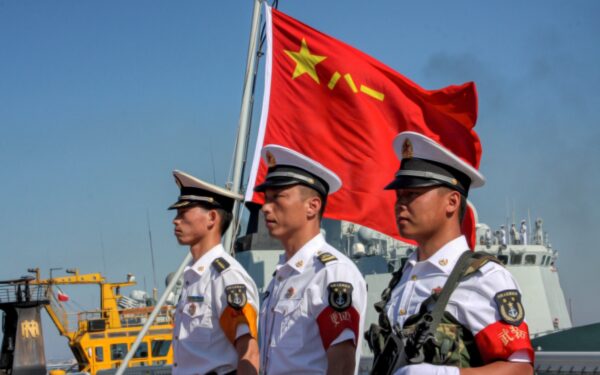Even while we watch tragedy unfolding in Ukraine, following every ripple of advance or retreat in a war now being waged in a more restricted, but still deadly, theatre than before, we are haunted by an unsettling awareness that what we are witnessing is possibly no more than a prelude to a more disastrous cataclysm waiting in the wings of history for the cue to move centre-stage.
China has maintained a remarkably self-effacing posture with regard to the Ukraine conflict. True, it has met every obligation required of it by its alliance with Russia; there has been no divergence between the two authoritarian powers. But what does XI Jinping privately think of Vladimir Putin’s rash adventure? It must surely offend all his instincts of cautious statecraft. The Chinese leader is in the curious position of watching an ally doing, very clumsily, in Ukraine what he himself aspires to achieve in Taiwan.
In that context of pure realpolitik and national self-interest, how must Xi regard Putin’s conduct? The Russian leader has galvanised and enlarged NATO, discredited irredentism as a pretext for aggressive war — his claim on Ukraine as formerly an intrinsic part of Russia is strikingly similar to Beijing’s insistence that Taiwan is a component of “one China” — and provoked the West into unprecedentedly comprehensive sanctions. In a sense, Putin has trained the West how to respond to any future invasion of one state by another, including a Chinese incursion against Taiwan.




